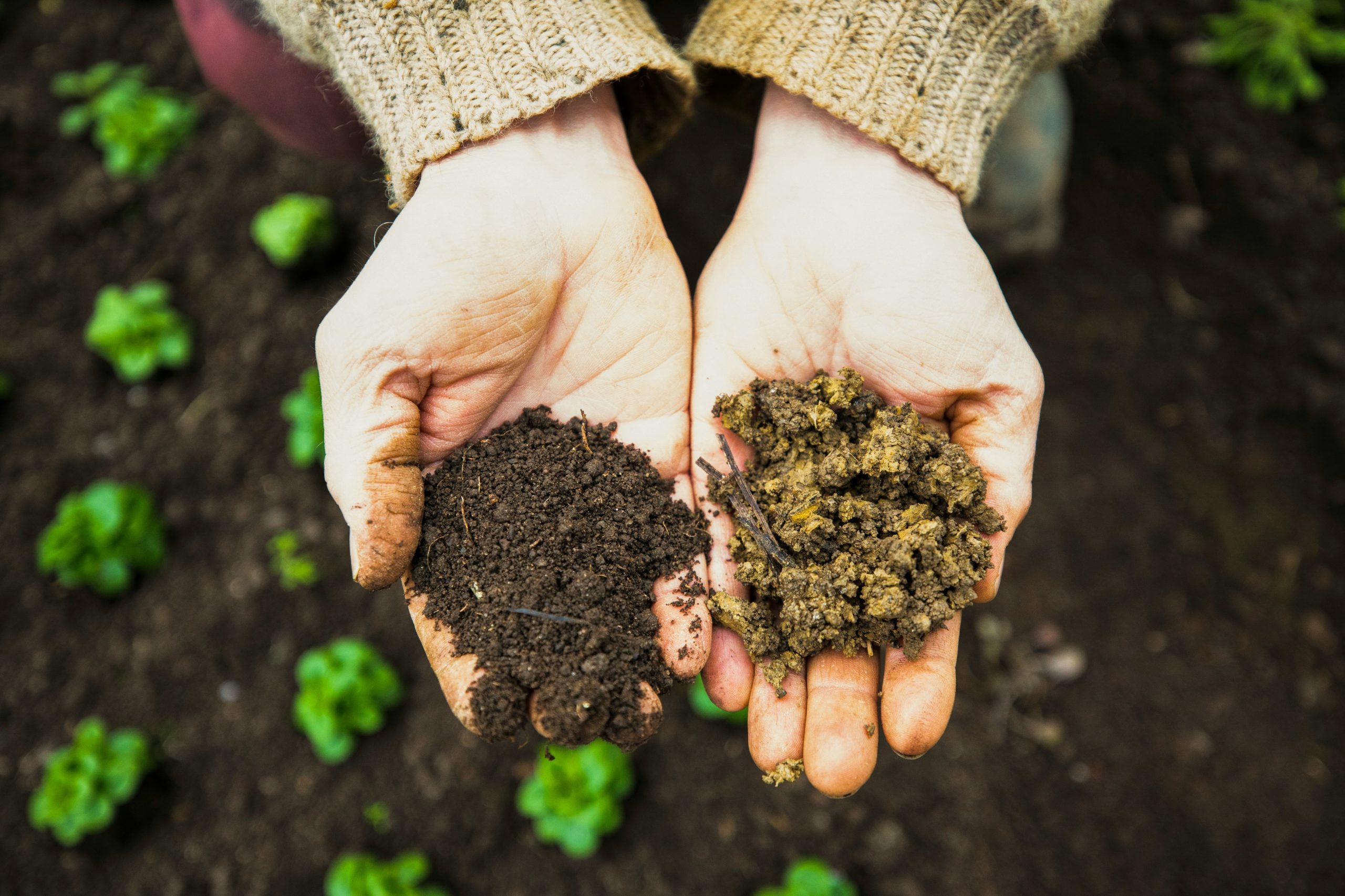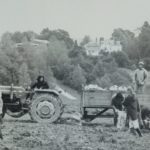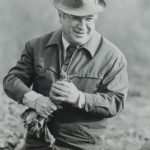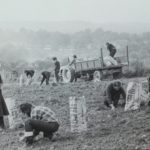
15th February 2024 In Emerson Stories, Feature By Adeline Garman
Emerson and its past, present and future relationship with biodynamics
Emerson has long had a rich relationship with biodynamics; when the college was first established at its present site in Forest Row it sat on a 250-acre site also encompassing Tablehurst Farm (now an entity in its own right). On opening in the autumn of 1967 one of the four schools was The School of Bio-Dynamic Gardening and Farming, led by teacher and biodynamic practitioner Katherine Castelliz.
In 1970 Emerson was delighted to welcome Professor Herbert H. Koepf in 1970, the leader of the biodynamic agriculture movement worldwide, and much published author on biodynamics, who then led the course for the next twenty-one years.
Whilst currently Emerson doesn’t offer full-time training in biodynamics, the whole estate operates very much along biodynamic principles, as it has since its inception. Indeed, the whole site is Demeter certified. The Emerson campus is also a registered botanical garden, the only biodynamic botanical garden in the world. Visitors to the campus will be familiar with the diverse range of plants and trees that thrive here, and we have several plants of particular interest, including two ‘Champion trees’ – a Chamaecyparis pisifera ‘Squarrosa Sulphurea’ (which is the Britain and Ireland Champion for both girth and height) and a pandora cherry which is county champion for girth – the second largest in Britain. [1]
In recent times Emerson’s biodynamic vegetable garden was established to play a key role in the college’s ‘food to table’ program, supporting the biodynamic training and supplying much of the college’s kitchen. If you are fortunate to live in the local area, you will also find Emerson biodynamic produce in local farm shops including Tablehurst and The Seasons. Emerson regularly hosts biodynamic apprentices from the Biodynamic programme, who spend a period at the college studying the theory of biodynamics.
Emerson has long been home to The Rachel Carson Trust, based at the Carson building on campus. Today this is tenanted by Kirstin Hartvig of The Healing Garden, herself an authority and teacher on botany and herbal medicine with biodynamics; on a recent survey of the campus Kirstin Hartvig identified more than 100 species of medical plants.
Emerson is also home to the Anthroposophical School of Medicine who themselves use the medicinal plants in their practice and provide training to those working in healthcare field to enable them to effectively support their patients using herbal medicines.
This March Emerson is delighted to play host to the Biodynamic Symposium in conjunction with the Biodynamic Association, St Anthony’s Trust and The Healing Garden, envisioning a future for biodynamic farming in the UK.
In the future we are looking forward to closer collaboration with the Biodynamic Association, St Anthony’s Trust, and The Healing Garden Trust as part of an ongoing initiative to ensure the redevelopment of training and development of biodynamic practices and sustainable horticulture here at Emerson.
[1] Further details about the diverse range of horticulture that exists at Emerson College can be found in Michael Spence, “The Story of Emerson College: its Founding Impulse, Work and Form” (Temple Lodge, 2013)
This article was first published in The Biodynamic Association’s Newssheet and is reproduced here with kind permission.




